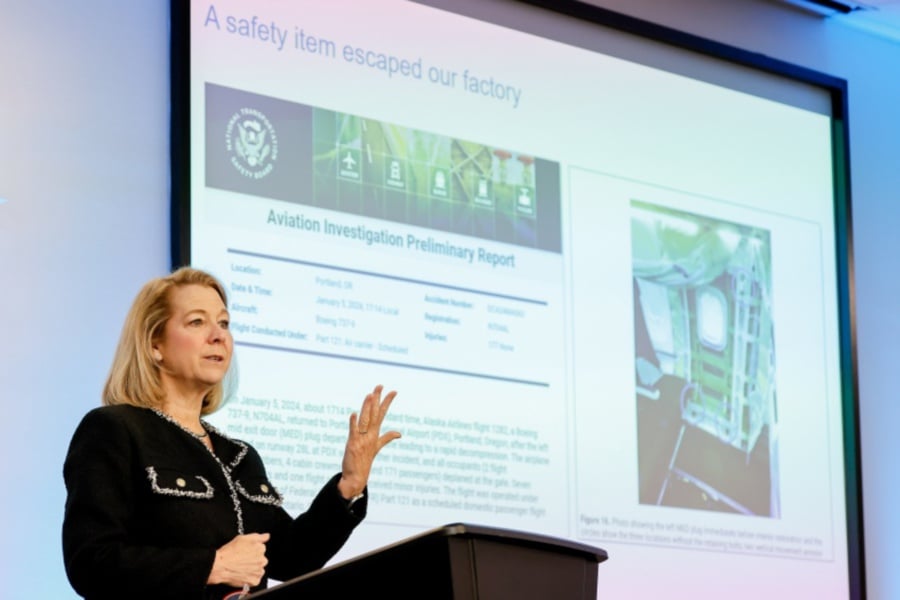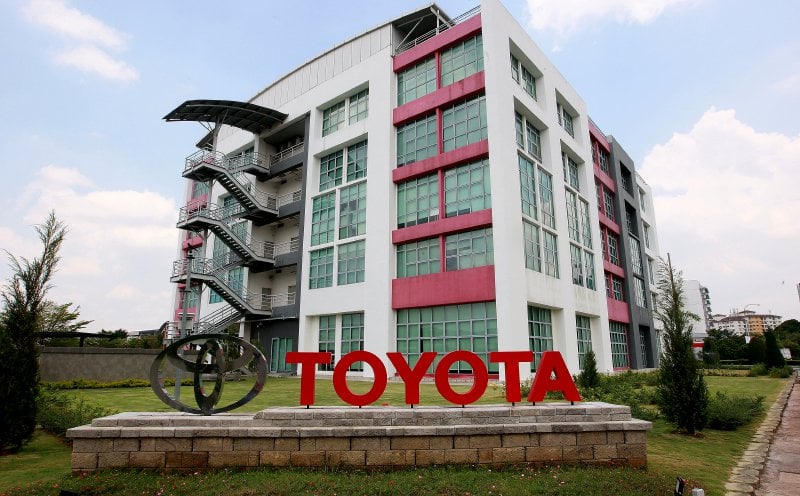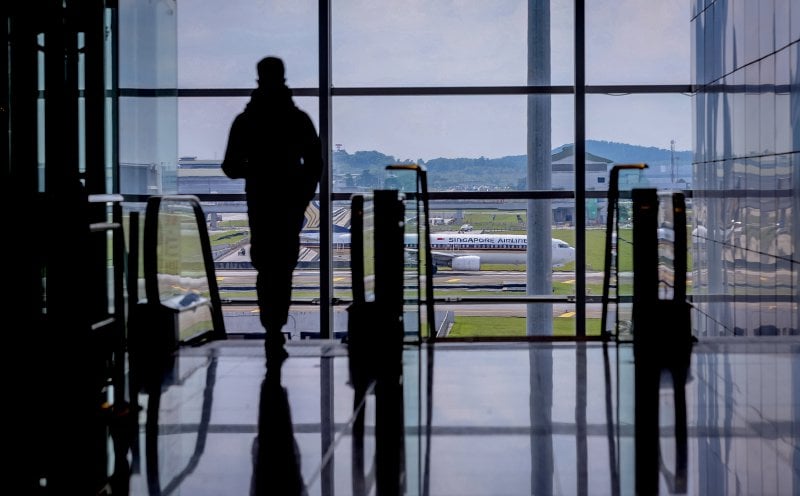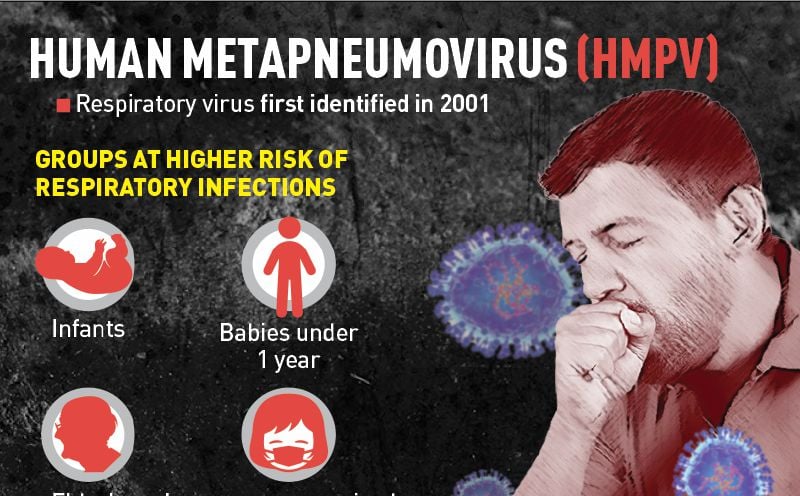KUALA LUMPUR: The Boeing Company (Boeing) has pledged that all of its narrow-body B737 MAX aircraft from its factory in Renton, Washington will be safe as the company takes its safety challenges head-on with a series of measures to strengthen the quality control on its bestselling aircraft.
Boeing Commercial Airplanes senior vice president of quality Elizabeth Lund said it had ordered its engineering team to review and identify its production system that could cause accidents as well as improving its employee engagement and ensuring a strong safety culture within the company.
"I believe the steps we're taking today will make us an even better company. I believe that we will continue to ensure air transportation is the safest means of transportation.
"We have slowed down our factory (production) over the last few months to make sure that these measures are under control as we retrain our employees; as we make sure that our processes are clear; as we make sure that our suppliers are coming along with us."
"I'm extremely confident that every plane leaving this plant is safe," Lund told journalists in a media briefing at Boeing's production factory in Renton.
Boeing had introduced the changes in the production system, employee engagement and safety system immediately after the unfortunate door plug blow out incident on Jan. 5 involving a B737 MAX-9 operated by Alaska Airlines on flight 1282.
The airline had to make an emergency landing minutes after taking off from Portland, Oregon as the incident left a gaping hole in the side of the narrow-body aircraft. The crew landed the plane safely and no one onboard was injured.
Lund said a redundancy and complexity in Boeing's production compliance system as well as new hires without aerospace industry experience have led to the series of issues that the American plane manufacturer are facing.
She said Boeing had set up an independent organisation that focuses on safety called the Chief Safety Aerospace organisation to do an internal audit on its production system as well as constantly engaging with engineers, mechanics and inspectors and using data analytics to identify areas of risks and potential defects to the fuselage.
"The next thing we're doing is taking all of our installation plans, that's the paperwork that a mechanic uses to build the airplanes, and we're making it more simple, more clear in plain English."
Foundational training has also become mandatory especially for new hires where the employees will have to learn the basics of their factory tasks and taking several tests before moving to the production line.
Lund said every employee who 'graduated' from the foundational training has an assigned mentor to monitor his or her work and provide feedback or answer questions when needed.
"In Renton (factory) alone, we deployed 160 workplace coaches across our production systems. These are experienced mechanics who are in some cases retirees who came back; who have adapted the knowledge in what we do."
"We place skills enhancement centres on the floor so that an employee can go and get help when they need. We made changes to the foundational training. What I think we didn't realise at the time is we also needed to enhance on-the-job training," she added.
Lund said the streamlining of the work processes and the employee engagement systems are being done together with the United States Federal Aviation Administration (FAA).
She also said Boeing is also inspecting components including fuselages with its suppliers, including Spirit AeroSystems before the aircraft parts enter its factories to be assembled.
"Doing it across the board and ensuring that we're working with our suppliers on all of these changes jointly to ensure that we get fewer defects in the system. We use our supplier quality representatives who are out in the field across all our suppliers."
"We ensure the (aircraft) parts are perfect before they are shipped. We inspect them (the parts) there (at supplier's facility), rework them (the parts) there and then we ship the parts (to Boeing's facility)," Lund said, adding that Boeing had seen up to an 80 per cent reduction in fuselage defects once the inspection process began.
Boeing made an announcement recently that it will purchase Spirit AeroSystems for US$4.7 billion in stock in a bid to improve its production system.
It would take several years for Boeing to fully bounce back from the numerous hits the company has been getting over the years, beginning with the B737 MAX crashes in Indonesia and Ethiopia in 2018 and 2019.
But Lund said the challenges presents Boeing a moment to step back and holistically look at its production, workforce and safety systems and come up with better and improved working processes.
She said Boeing has taken all the feedback it received from its employees, the FAA as well as its airline customers and is open to new ideas and solutions on how to strengthen its safety and production systems.
"It starts with our commitment, and our commitment across the board first and foremost is to ensure safe, high-quality airplanes and a safe workforce. It's about elevating our safety and quality culture," she said.
When asked why should the public believes that Boeing's aircraft are safe to fly, Lund said the aircraft manufacturer has a strong foundation of caring deeply about safety in the production of its airplanes.
"When I entered into this company, safety was drilled into my DNA and I believe it still is. We have a strong foundation of caring deeply about safety. What I also know is we have to continually improve and this is a chance for us to do it."
"In terms of why should the world believe us? I'll say we are a company that is deeply committed to the flying safety. We are a transparent company who deeply cares about safety and the public and our employees, and we are committed to be better every day," Lund said.













